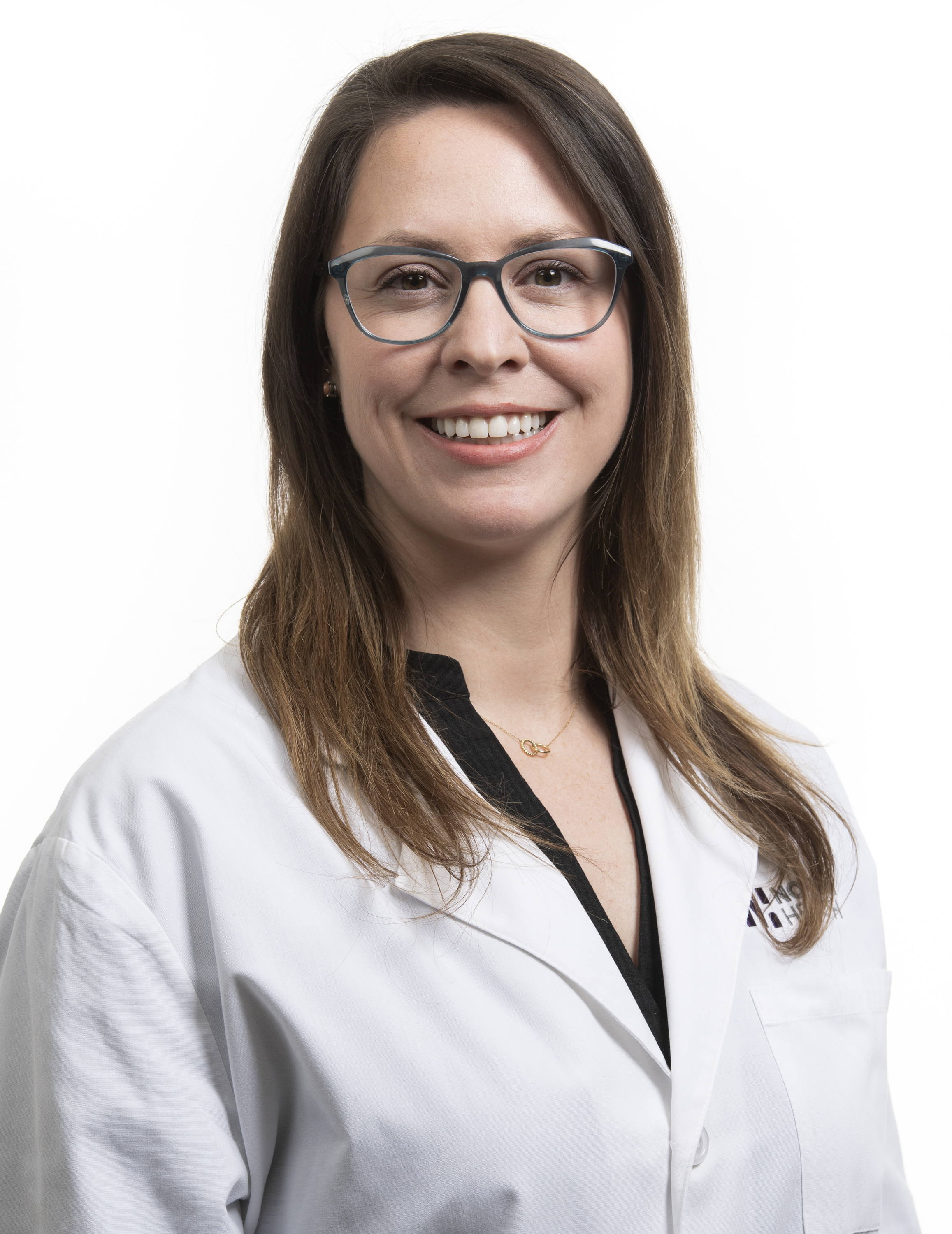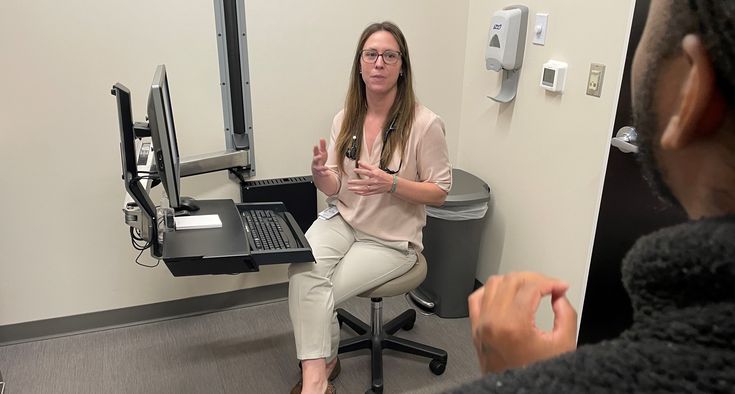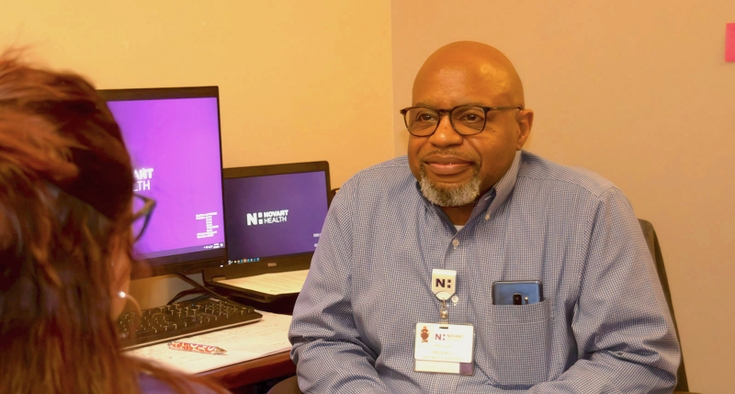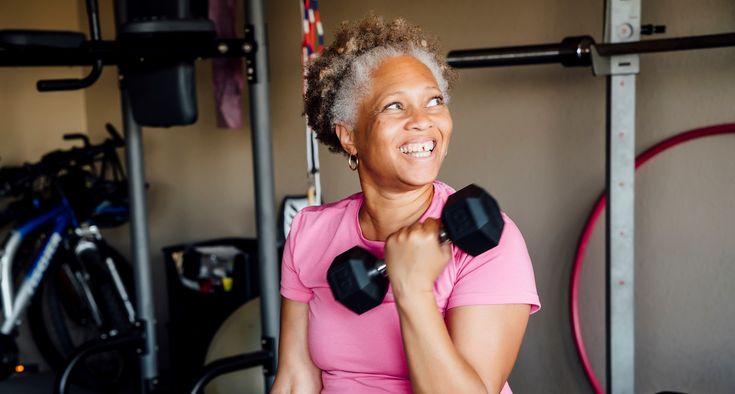Like most family doctors, Dr. Cherie Salisbury of Novant Health Primary Care NoDa in Charlotte might diagnose a patient with strep throat, another with arthritis and a third with diabetes – all before lunchtime.
Internists, family medicine doctors, general practitioners, GPs – whatever you call your primary care provider, when it comes to our health, they’re our first line of defense. Many of us see the same primary care doctor for decades.
They’re the utility players, the Swiss Army knives of the medical field. We see them for physicals each year. We see them for acne, headaches, joint pain and weight management. But we show up with worrisome issues and questions, as well. They’re often our portal into specialty care like cardiology, neurology and oncology.

“If I can treat it, I will,” Salisbury said. “If I can’t, I’ll make a referral to a specialist. But I’ll do as much as I can on my own.”
She recently removed a skin lesion from a patient reluctant to go to a dermatologist. (If you’re not an established patient, it can be difficult to get a timely appointment with one.) “Once the biopsy is back, I’ll reach the same diagnosis a dermatologist would,” she said. “And if I can save a patient from making an appointment with another doctor, I’m happy to.”
Good health starts with a visit to a primary care physician.
Jacks — and Jills — of all trades
Salisbury is particularly passionate about women’s healthcare. “It's important to me to see women being offered options and guidance for their health that allow them to feel empowered to make good decisions for themselves,” she said.
For some patients, she fills the role of an OB-GYN. She’ll do Pap tests at annual physicals, and she prescribes birth control. She can also diagnose and treat issues related to patients’ menstrual periods.
She can also do injections for joint pain in her office for patients who have been injured or have arthritis – saving them a visit to an orthopedic specialist.
But one of the biggest needs she sees among patients these days is for mental health care. “I’m big on holistic care and treating patients’ minds, bodies and spirits,” Salisbury said. “If a patient has mild anxiety or depression, that’s something I feel comfortable treating. When there’s something outside my comfort level, I’ll make a referral to a psychiatrist.”
Patients don’t always want a referral. Most would prefer talking to – and being treated by – someone they’re already at ease with.
“Patients just feel more comfortable with a person they know and trust,” she said. “I have patients tell me they’d rather talk to me about a particular issue than a doctor they’ve never met before. That’s especially true when we’re talking about depression and other mental health concerns. I understand that, in many cases, it was hard enough for a patient to open up to me. It would only add to their anxiety to have to tell their story again to another doctor.”
“If I can help, I will,” she added. “But I’ll always admit when something is outside my realm. I’ve told a patient: ‘You don’t want me doing a hernia repair on you.’”
Top scores for safety in NC
Novant Health received the most ‘As’ for patient safety in North Carolina from The Leapfrog Group. With a focus on safety, quality and patient experience, the national, industry-leading nonprofit, evaluates and assigns letter grades ranging from A to F to hospitals across the country. Novant Health’s hospitals with “A” grades outperform 70% of hospitals nationwide for safety and quality.
Physician as teacher
Not all of Salisbury’s patients have a high level of health literacy. Others are suspicious of doctors. If a patient is skeptical of the medical establishment, Salisbury takes extra care with him or her.
Early in her career, she worked at a federally qualified health center (FQHC) in Birmingham, Alabama, whose patients were primarily on Medicaid, Medicare or uninsured. “That increased my understanding of walks of life outside my own experience,” she said. “I was blessed to grow up in a comfortable and safe environment, and my experience with my patients there was often far removed from my own. It gave me a greater understanding of how crucial compassion and empathy are for physicians.”
Working with underserved patients shaped the kind of doctor she is today. “During my time in Birmingham, my comfort level as a family doctor significantly increased,” she said. “Many of my patients would never have the opportunity to see a specialist. I enjoyed caring for patients with more complicated needs, and I think that helped mold me into a better doctor early on.”
Last year, she treated a patient with Type 2 diabetes who hadn’t been taking insulin or checking her blood sugar regularly and hadn’t seen a doctor in nearly three years. At the patient’s first appointment, her A1C was too high for Salisbury to even read. It was over 15 – about twice what a healthy blood sugar reading should be.
Salisbury educated the patient on the importance of taking her medicine and prescribed a new drug. When she returned for a follow-up visit two months later, her A1C was down to a much-less-scary number. And she felt better. She hadn’t realized just how bad she’d felt before.
When that same patient had to switch insurance plans, she discovered the diabetes drug she’d had success with wasn’t covered. Salisbury prescribed a different drug – one that’s working just as well as the previous one.
If a patient needs help navigating the complex health insurance system, Salisbury and her staff will try to help with that, too. “We meet patients where they are,” she said. “If one drug isn’t available to a patient because of their insurance, we’ll find another.”
Listen up
Listening is imperative for any doctor. Salisbury considers it a job requirement: “It’s my job to listen and make my patients feel heard.”
That’s not the only way she goes above and beyond. Praying with patients, she said, is one of her favorite parts of the job.
There’s no pressure for a patient to take her up on the offer. “I always present it in a way that allows the patient to decline or accept,” she said. “And prayer isn’t just my idea. The Joint Commission on Accreditation of Healthcare Organizations (JCAHO) condones doctors engaging in spiritual care when patients ask for it. It may actually improve outcomes. Some physicians fear that addressing spirituality in the clinic or hospital setting isn’t allowed. But I believe good health encompasses mind, body and spirit, and I’m always telling patients that each one impacts the others.
“I have patients who decline prayer, and that’s absolutely fine. I also have patients who won’t let me leave the room without praying for them. Ultimately, I want my patients to feel loved and seen.”
And beyond that, she added: “Family doctors should work in partnership with their patients. I’ll often say: ‘I’m a consultant. You’re the one who’s going to have to do the work.’”

An open book: A doctor’s lending library
A few months ago, a number of Dr. Cherie Salisbury’s patients were dealing with significant health challenges that resulted in their emotional stress.
She thought about all the books she had at home that were helpful when she was going through a rough patch. “Many I’d read just once before putting them on my bookshelf, where they’ve been collecting dust.”
So, she brought them to work and established a makeshift resource library in her office.
She now shares those books, such as “How Good is Good Enough?” by Andy Stanley and “Why Should Anyone Believe Anything at All?” by James W. Sire, with patients. And her library keeps growing: “When I mentioned to friends and family what I was doing, they started giving me spiritual books they’d read, and I added those to my little collection.”
Said Salisbury: “This is one way I can try to offer hope to patients going through a difficult time.”










